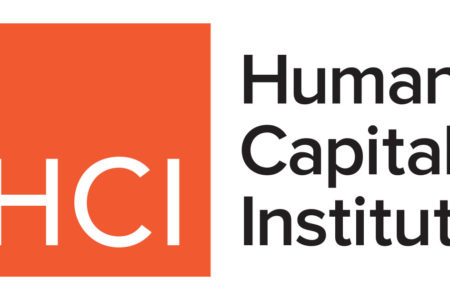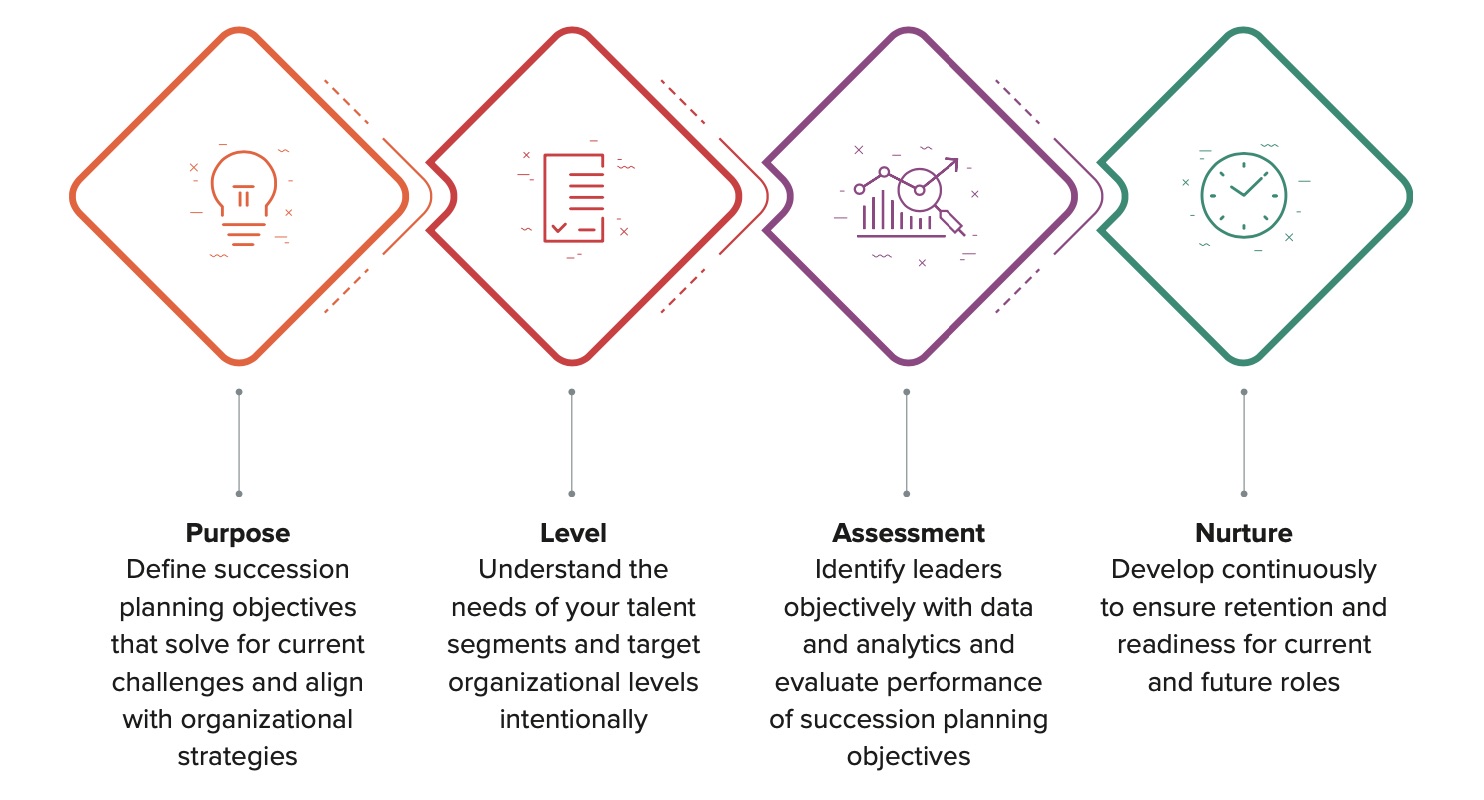 Human Capital Institute examined how organizations approach succession planning. In this study more than 300 HR leaders and practitioners were surveyed to learn more about challenges, processes, tools, and contributors. In succession planning, survey respondents cited reliance on subjective, gut-feeling talent decisions as their biggest challenge. It may be inferred that this is the sum of other top challenges: lack of resources for leadership development, poor structure or process for succession planning, failure to track and monitor movement and development of leaders, and inadequate methods for talent assessment and identification. Without resources, processes, measurements, and assessments, gut feel is suddenly the most available, easily accessible source of “data.”
Human Capital Institute examined how organizations approach succession planning. In this study more than 300 HR leaders and practitioners were surveyed to learn more about challenges, processes, tools, and contributors. In succession planning, survey respondents cited reliance on subjective, gut-feeling talent decisions as their biggest challenge. It may be inferred that this is the sum of other top challenges: lack of resources for leadership development, poor structure or process for succession planning, failure to track and monitor movement and development of leaders, and inadequate methods for talent assessment and identification. Without resources, processes, measurements, and assessments, gut feel is suddenly the most available, easily accessible source of “data.”
Based on their research HCI created a Succession PLAN framework that helps organizations simplify succession planning and create a process that emphasizes evidence over opinion.

Purpose – If succession planning is to be effective throughout the organization, it must present solutions to talent problems that align with the organizational strategy. Organizations must be clear on what they want to achieve by investing in succession planning and how success will be measured.
Level – Beyond the C-Suite, effective succession planning strategies take into consideration an organization’s strategic workforce plan and segment based on level and/or position. They begin building leadership pipelines at lower levels of the organization.
Assessment – If the top challenge to succession planning is a reliance on gut-feel decisions, the importance of assessment cannot be overstated. In addition to evaluating skills and abilities, assessment can help organizations determine whether to build or buy critical talent.
Nurture – Leadership looks different at different levels. Competency models and capability frameworks can help nurture leadership behaviors and set expectations for an individual’s growth and development over time.
Most programs out there are based on functional skills, but soft skills—like empathy and Versatility—are needed as well. Developing these skills give leaders, and others, greater opportunities as the move up in an organization. TRACOM’s Multi-Rater Assessment helps expose areas of growth in talent and development of leaders.

 New Horizons
New Horizons
 Project Management Academy
Project Management Academy
 Six Sigma Online
Six Sigma Online
 TCM Security
TCM Security
 TRACOM
TRACOM
 Velopi
Velopi
 Watermark Learning
Watermark Learning
 Login
Login

